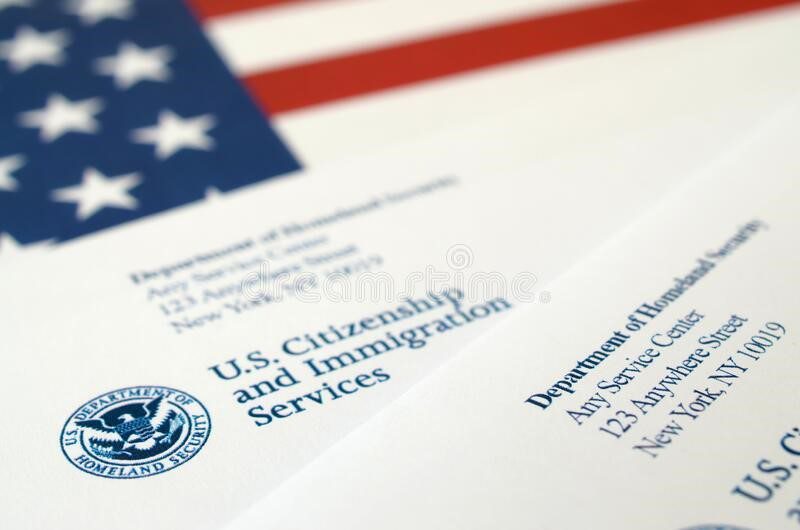For the past year and a half, applicants for permanent residence (green card) in the United States—and, to a lesser extent, applicants for nonimmigrant status—have been required to comply with a new “public charge rule†implemented by the administration of President Donald Trump in 2019. That public charge rule made it more difficult for such applicants to obtain the legal status for which they qualify.
The public charge rule included a complex set of additional requirements to both qualify for, and to apply for, legal status. Applicants were forced to complete a new 18-page Form I-944, Declaration of Self-Sufficiency asking for detailed personal and financial information. Additionally, applicants were forced to compile and submit numerous personal and financial documents not previously required, such as credit reports and scores, all educational records beginning with high school, and documentation of all assets and liabilities.
The public charge rule faced challenge in the federal courts, and it was being defended by the Trump administration all the way to the Supreme Court where it was set to be heard. However, the Justice Department under the administration of President Joseph Biden announced that it no longer wished to defend the rule. The public charge rule has now been vacated and the Department of Homeland Security has announced that it will no longer be applying the rule to any future or pending application.
To be clear, it remains a legal requirement for green card applicants to establish that they are not likely to become a public charge in the United States. However, the regulatory framework that was previously in place since 1999, and has now been reinstated, is much more reasonable and much less onerous than the framework put in place with the 2019 public charge rule.
This is just one more in a long line of examples of the immigration laws—and their implementation—changing suddenly and drastically. This time, for the better. To keep track of the ever-changing landscape of immigration law, it is important to retain the services of a qualified attorney, such as you can find at Tidwell, Swaim & Farquhar, P.C., when applying for any immigration benefit.
Alex Farquhar
Associate Attorney – Dallas, Texas
Tidwell, Swaim & Farquhar, P.C.



